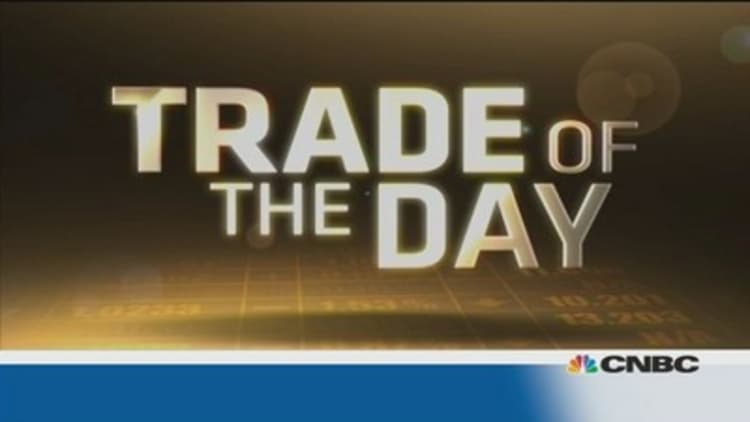If the Federal Reserve's unprecedented quantitative easing program started a currency war, the may offer the next battleground.
The euro zone's policy makers are set to launch the next salvo in a move to push down euro's value, said Jens Nordvig, global head of foreign-exchange strategy at Nomura and the author of "The Fall of the Euro."
In 2010, Brazil's Finance Minister Guido Mantega popularized the phrase "currency wars" after developed nations, such as the U.S. and the euro zone, rolled out a series of easing measures to bolster their exports by weakening their currencies, which pushed up emerging market currencies.
(Read more: Germany has to repair its frayed euro area ties)
For example, Indonesia's rupiah was trading around 12,000 to the U.S. dollar before the Federal Reserve introduced its first round of quantitative easing in December 2008. The rupiah then strengthened to around 8,500 by mid-2011, but has weakened to around 11,500 since talk the Fed may soon taper its asset purchases emerged.

Despite high unemployment and subdued economic growth in the euro zone, the bloc's currency has strengthened to around its historical average level, stunting the region's growth, Nordvig said at the SALT conference in Singapore.
"The ECB is not the most aggressive central bank in the world on easing monetary policy," he said, noting the central bank actually hiked rates twice in 2011. "People are worried it will do so again" even though economic fundamentals don't justify the move, he said.
"The ECB will have to change how it defines the euro," he said, noting the Maastricht Treaty, which led to the creation of the common currency, was geared towards the German economy. "It is in the process of defining a softer euro more suitable for the whole region."
Next year, the ECB will likely be forced to take other steps, including communicating its forward guidance more forcefully and it may need to lower rates, he said.
Others also expect the ECB to act relatively soon. In a research note, Barclays said it expects the ECB might introduce another "very long-term refinancing operation," or VLTRO, in the fourth quarter, but it added, it viewed a rate cut as unlikely.
(Read more: Fund managers love euro zone equities: Survey)
Credit Agricole also expects another VLTRO, in part to cap the euro's appreciation, at least temporarily.
"It is more likely than not that the ECB needs to put its money where its mouth is, and deploy part of its liquidity easing arsenal sooner rather than later," Credit Agricole said in a note. It expects a "pre-announcement" in December, with action in March.
In December 2011, the ECB introduced a 36-month long-term refinancing operation, while in August 2012 it announced its plans for Outright Monetary Transactions to purchase European sovereign bonds in the secondary market to lower borrowing costs for countries facing difficulty selling their debt.
But for now, the euro is locked into a bit of a stalemate while the market watches for policy signals from the Federal Reserve, Nordvig said. He also expects the euro's status as a reserve currency and one which benefits from some "flight to quality" flows to provide a bolster, with the euro possibly rising as high as 1.37 against the dollar in the near term. It's currently trading around 1.35.
(Read more: What to expect in US dollar, euro trade)
The flood of money into European stocks, more than $200 billion so far this year, is also keeping the currency strong, Nordvig noted.
When it comes to euro strength, "I wouldn't fight it right now," he said, although he noted the currency's direction may change once economic data stops improving. The stock flows are also a bet October's earnings season reports will come in positively – a bet which might not pay off, he noted.

